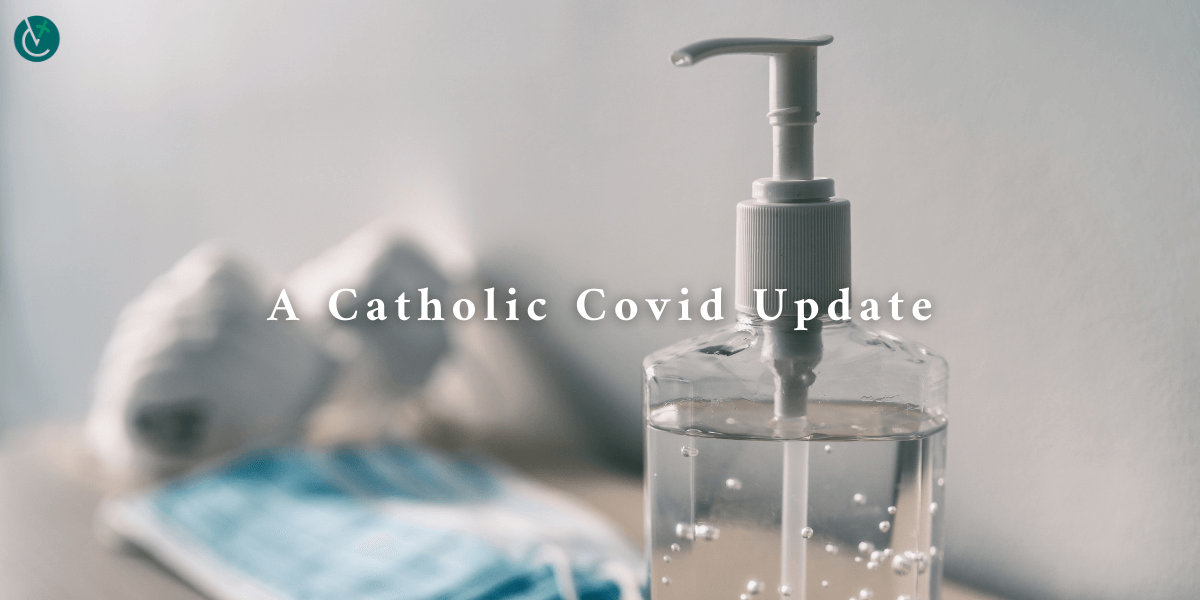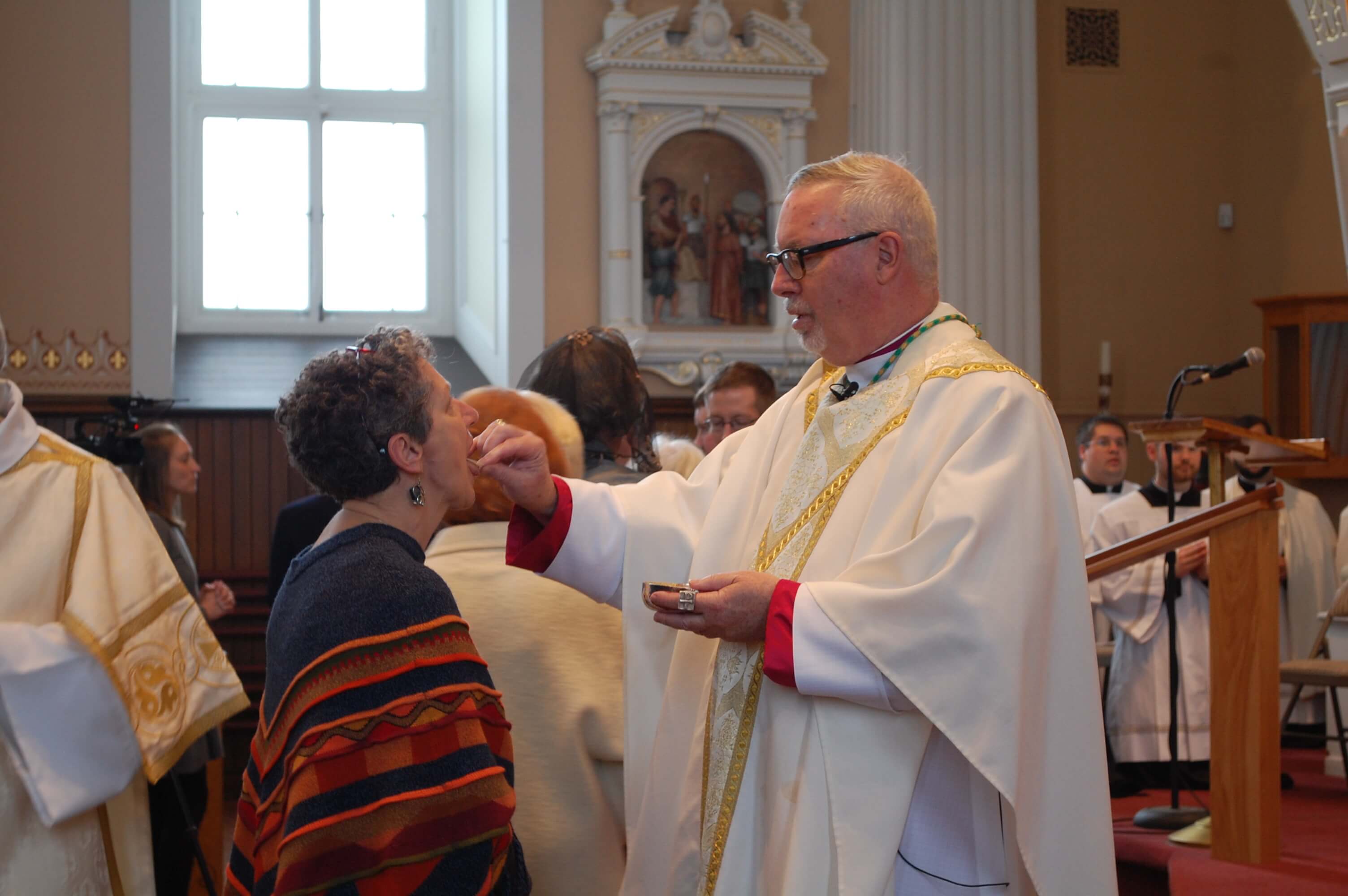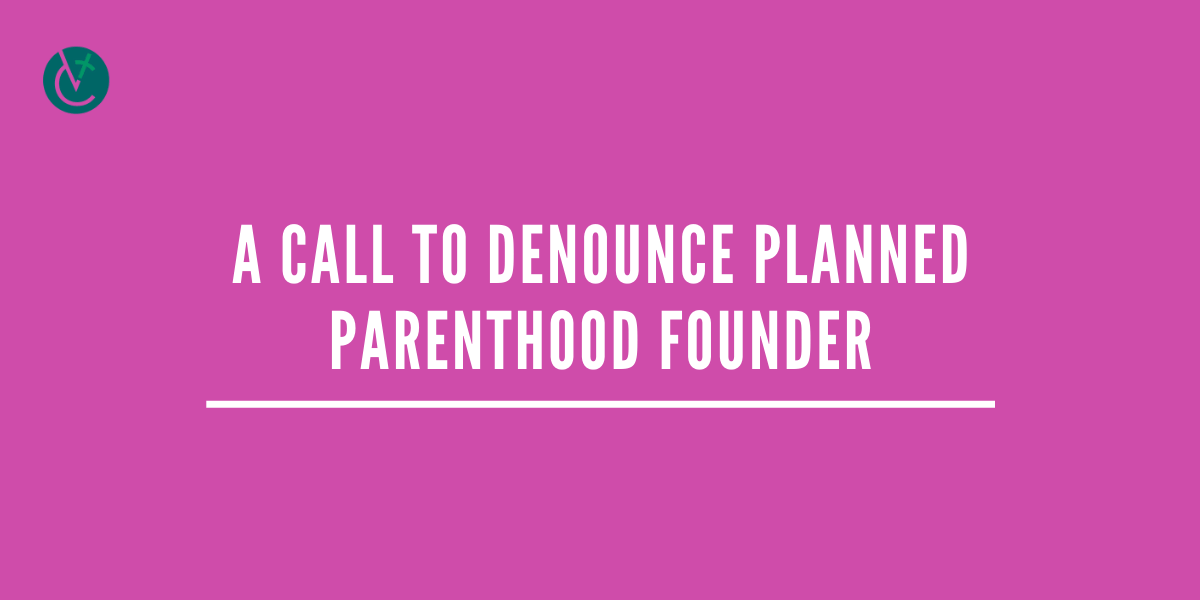
Vermont Catholics have grown weary of divisive politics, particularly the politics around our state’s abortion laws. Tragically, Vermont law currently allows abortion through all nine months of pregnancy (Act 47), and there is little hope for change as long as the current legislative supermajority remains in place. Meanwhile, Catholics, along with all those in the pro-life community, continue to focus on providing hope, support and alternatives to abortion and strive to change hearts and minds, always keeping in mind that statutes can be amended and repealed. More difficult to change is the State Constitution, however. The Vermont Legislature is moving forward with an amendment that, if passed, promises to enshrine unlimited, unregulated abortion throughout all nine months of pregnancy in our state’s founding document. Proposal 5, also known as Article 22, would permanently block any attempt to protect the unborn — even those who can survive outside the womb. It is expected to reach the final phase of the approval process in time to be put before the voters in November 2022.
This is a battle we can’t ignore and a critical crossroads for Catholics to engage our commitment to protect the dignity of all human life, particularly the most vulnerable. Between now and November 2022, a coalition of organizations and faith communities will be collaborating to help voters understand why Proposal 5 must be defeated.
The campaign against Proposal 5 will kick off with a groundbreaking Life Symposium Oct. 2 in Burlington. Sponsored by the Vermont Right to Life Committee Educational Trust Fund, the day-long event will explore how the lives of the unborn, the rights of families and children and conscience rights for medical providers will be threatened if this amendment makes its way into the Vermont Constitution.
There has never in recent memory been an opportunity to hear so many heavyweights of the pro-life community speak here in Vermont, including:
+ Helen Alvare, a nationally known legal expert and law professor and founder of Women Speak for Themselves, will give the keynote address on “The Case Against Proposal 5.”
+ Catherine Glenn Foster, president of Americans United for Life, will offer a workshop on how health care workers can protect their consciences and their jobs.
+ Maureen Curley, a psychiatric nurse practitioner, will talk about the impact of abortion on women.
+ Melissa Ohden will give the lunchtime address, “Abortion Survivors: Not a Myth.”
+ Savannah Dudzik of Illinois Right to Life will offer a youth-focused workshop aimed at encouraging and equipping young people to be effective pro-life advocates.
It will take every one of us to defeat Proposal 5, so even if you have grown weary of divisive politics, prepare to engage in this most important effort to stop Proposal 5 from becoming a permanent blot on our Constitution.
Learn more about Proposal 5 and the Life Symposium at vrlc.net There are scholarships available for students and young adults.
— Carrie Handy is a member of the Life Symposium Planning Committee and a member of Immaculate Conception Parish in St. Albans.
—Originally published in the Sept. 11-17, 202, edition of The Inland See.




